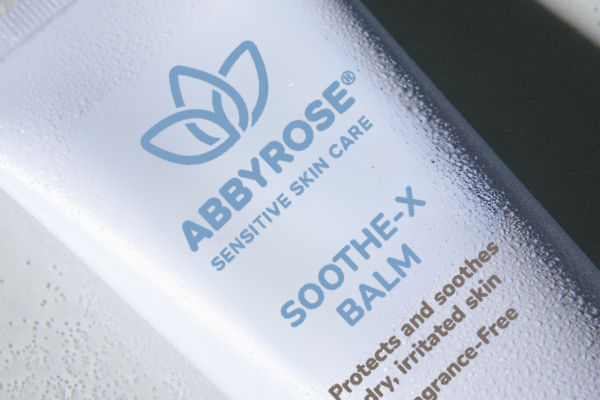The hype over coconut oil is real. This versatile, all-natural oil has numerous uses from the kitchen to the bathroom. If you are thinking about using coconut oil as a facial moisturizer, you first need to learn more about how this product works and how your skin can best benefit from it. In the process, you’ll also discover whether coconut oil is the best choice for your skin type.
Advantages of Using Coconut Oil on Your Skin
Coconut oil comes from processing the flesh inside a coconut to produce a rich, creamy, plant-based product. Unlike other types of plant oils, which have a liquid state at room temperature, coconut oil is solid and melts at a low 76 degrees Fahrenheit. The solid structure evidences the saturated fats in coconut oil. These saturated fats act as super hydrators by providing a lipid-rich barrier over the skin. Coconut oil is most commonly known for the medium-chain fatty acid, lauric acid. Lauric acid is naturally antimicrobial, and therefore can be very soothing to red, irritated skin.
The moisture-trapping nature of coconut oil also means that it protects the skin from daily damage. A layer of coconut oil creates a shield for your skin against air pollution and other environmental hazards to your skin.
Additionally, coconut oil can help beautify your skin by smoothing the overall appearance, reducing fine lines by locking in moisture and maintaining more hydrated, plump skin.
Coconut Oil Based Products
Moisture Lock $14 Rescue Balm $12 Soothe-X™ Skin Care $45
Best Skin Types for Coconut Oil Use
The skin types that can best benefit from the all-natural perks of coconut oil are those with dry, mature, sensitive, or inflammation-prone skin because of its naturally soothing, nourishing and moisturizing benefits. Those with acne-prone or oily skin should use caution when applying coconut oil to the face because coconut oil can be comedogenic for some people, meaning it may lead to clogged pores.
Can Coconut Oil Clog Pores?
Everybody’s skin is unique and will react differently to products applied to the skin. Coconut oil has shown it can clog pores and lead to breakouts. The skin types most at risk for this are those with acne-prone or oily skin. Even though coconut oil has promising natural antimicrobial properties, you may want to avoid using coconut oil if you are prone to skin breakouts. Applying a thick, emollient-type moisturizer to acne-prone skin can further exacerbate the condition.
All skin types need to be diligent about applying a moisturizer to a fresh, clean face to avoid locking in dirt, debris and oil. While coconut oil alone has amazing skin benefits, we would recommend trying a skin care product that includes coconut oil as an ingredient versus using plain coconut oil.
What to Look for in Coconut Oil Skin Care Products
If your skin type falls into the category of dry, mature, sensitive, or inflammation-prone, then your skin will likely do well with moisturizers that include coconut oil and should not have to worry about breakouts or clogged pores. For instance, Abby Rose’s Moisture Lock uses coconut oil, sunflower oil and beeswax to lock in moisture, protect the skin barrier and keep the skin glowing and fresh. It is an excellent clean alternative to petroleum jelly products. The Soothe-X Balm also uses the soothing, moisturizing, and natural antimicrobial benefits of coconut oil. Both products are fragrance-free, safe for use on the face and around delicate areas of the eyes and provide a light breathable skin barrier.
No matter what your skin type is, it is always best to start slowly when introducing new skin care products and never introduce more than one at a time. Even with organic, plant-based ingredients, some people have highly sensitive skin that can react unpleasantly to even the gentlest of products. If your skin does have a reaction, then you’ll know immediately which product to eliminate. Before using any new skin care products, do a skin patch test on your inner wrist. Apply a small amount in an area that will not be washed away for 24-48 hours and look for any signs of redness or irritation before introducing it into your skin care regimen. Shop our collections today to find the perfect product for your skin type!








